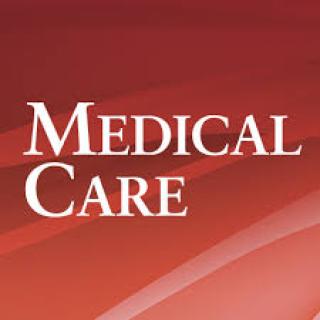
Publication
Higher Percentage of Virtual Primary Care Associated With Minimal Differences in Achievement of Quality Metrics
Jodi Segal, Maqbool Dada and K. Davina Frick for Medical Care



